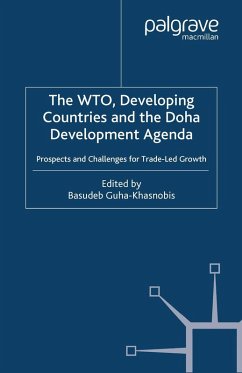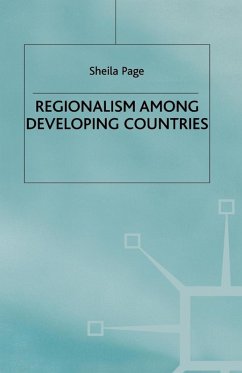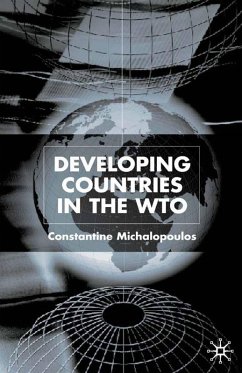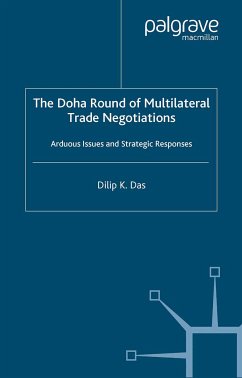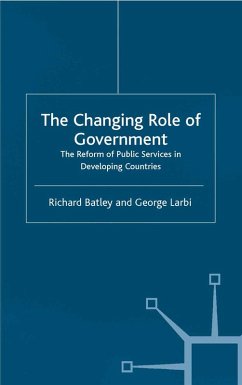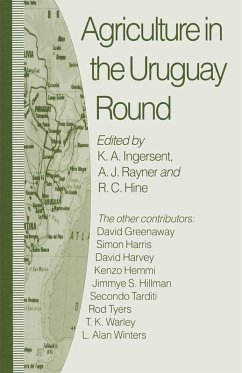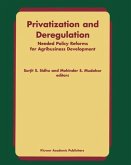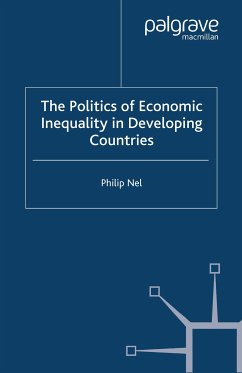The "development credibility" of the current trade regime in general, and the WTO in particular, is at stake. The Doha Round aims to reverse the brewing scepticism by providing a reliable engine of trade-led growth and development. The essays in this volume identify the key challenges in this regard, make an assessment of the current situation in agriculture and manufacturing market access and evaluate alternative policy options that will make the goal attainable.
Dieser Download kann aus rechtlichen Gründen nur mit Rechnungsadresse in A, B, BG, CY, CZ, D, DK, EW, E, FIN, F, GR, HR, H, IRL, I, LT, L, LR, M, NL, PL, P, R, S, SLO, SK ausgeliefert werden.

